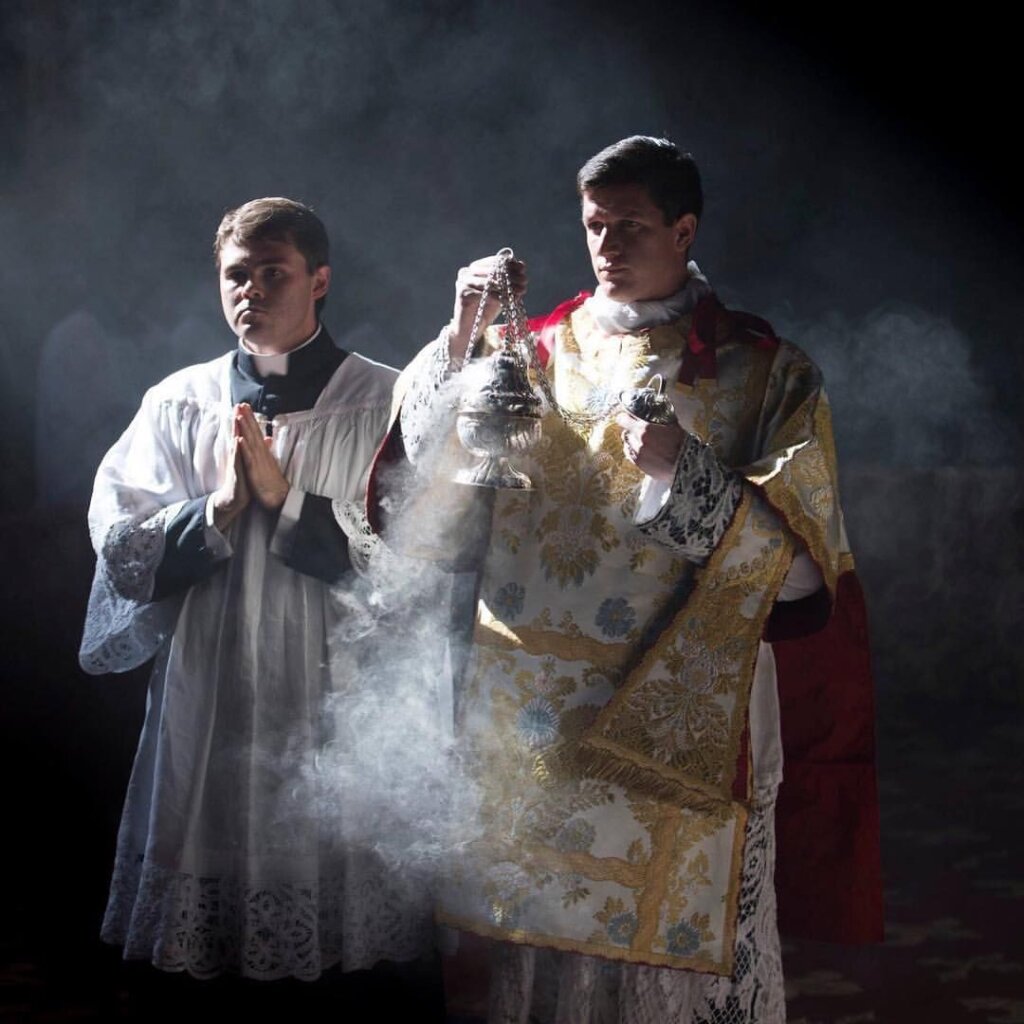There was NO catholic church of Rome until the Papacy was founded in 5-6 century
You all seem to have so many different times when the papacy began.
“And he says to him again after the resurrection, ‘Feed my sheep.’ It is on him that he builds the Church, and to him that he entrusts the sheep to feed. And although he assigns a like power to all the apostles, yet he founded a single Chair, thus establishing by his own authority the source and hallmark of the (Church’s) oneness. No doubt the others were all that Peter was, but a primacy is given to Peter, and it is (thus) made clear that there is but one flock which is to be fed by all the apostles in common accord. If a man does not hold fast to this oneness of Peter, does he imagine that he still holds the faith? If he deserts the Chair of Peter upon whom the Church was built, has he still confidence that he is in the Church? This unity firmly should we hold and maintain, especially we bishops, presiding in the Church, in order that we may approve the episcopate itself to be the one and undivided.” Cyprian, The Unity of the Church, 4-5 (A.D. 251-256).
“After such things as these, moreover, they still dare–a false bishop having been appointed for them by, heretics–to set sail and to bear letters from schismatic and profane persons to the throne of Peter, and to the chief church whence priestly unity takes its source; and not to consider that these were the Romans whose faith was praised in the preaching of the apostle, to whom faithlessness could have no access.” Cyprian, To Cornelius, Epistle 54/59:14 (A.D. 252).
“Number the bishops from the See of Peter itself. And in that order of Fathers see who has succeeded whom. That is the rock against which the gates of hell do not prevail” Augustine, Psalm against the Party of Donatus, 18 (A.D. 393).
“I am held in the communion of the Catholic Church by…and by the succession of bishops from the very seat of Peter, to whom the Lord, after His resurrection commended His sheep to be fed up to the present episcopate.” Augustine, Against the Letter of Mani, 5 (A.D. 395).
“Carthage was also near the countries over the sea, and distinguished by illustrious renown, so that it had a bishop of more than ordinary influence, who could afford to disregard a number of conspiring enemies because he saw himself joined by letters of communion to the Roman Church, in which the supremacy of an apostolic chair has always flourished.” Augustine, To Glorius et.al, Epistle 43:7 (A.D. 397).
“The chair of the Roman Church, in which Peter sat, and in which Anastasius sits today.” Augustine, Against the Letters of Petillian, 2:51 (A.D. 402).


